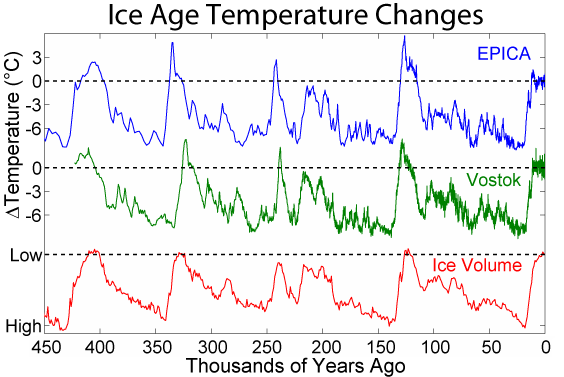galahad
Seeker of Truths
- Location
- Searching for a better world
Civilization as we know it begun about 8-10 thousands years ago. But modern humans have existed far longer than that. And we had been out of Africa since over 70000 years ago. This also conicides with the ice age, for most of our history the Earths climate was very different. Permanent settlements, agriculture only started after end ic the ice age.
Which make me wonder why was there no civilization during the tens of thousands or years we lived in the ice age. Would it been posdible that late neolithic or early bronze age cultures would been possible ar least 25000 years ago?
Or is civilization a product of the unique conditions of inter glacial era. Without it we would still be neolithic hunter gatherers.
Which make me wonder why was there no civilization during the tens of thousands or years we lived in the ice age. Would it been posdible that late neolithic or early bronze age cultures would been possible ar least 25000 years ago?
Or is civilization a product of the unique conditions of inter glacial era. Without it we would still be neolithic hunter gatherers.
Last edited:
